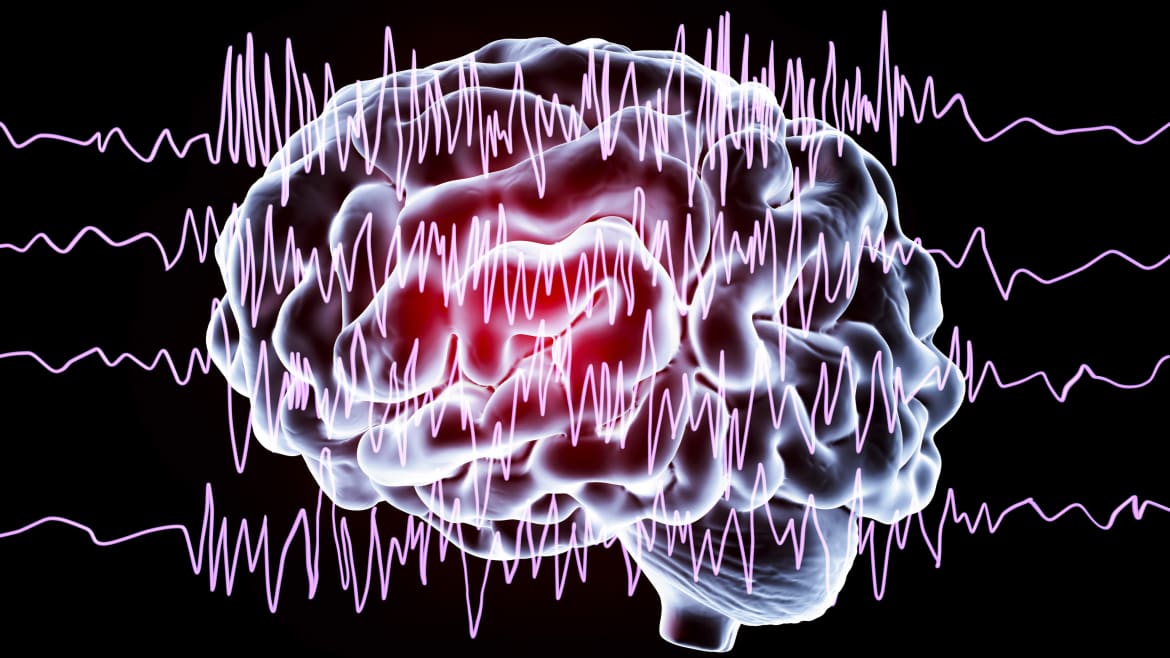Kateryna Kon / Science Photo Library
Families of people in an unresponsive state due to a severe brain injury are faced with the ongoing, impossible decision of whether to continue life-supporting care. To make matters even more complicated, there is no definitive way to know what a patient’s odds of recovery are, and traditional bedside examinations can miss important signs.
In the early aughts, neurologists discovered the first whispers of a promising method to learn what was really going on in a patient’s brain, through brain activity scans. The idea was to analyze these measurements for signs of covert consciousness, which are signals that patients cannot otherwise express with motion or speech but are present in neuroimaging.
Researchers from Columbia University and New York Presbyterian Hospital have made a big stride in this line of research. A new study published Wednesday in Lancet Neurology shows that patients with evidence of covert consciousness had shorter recovery times and improved outcomes than those without.
Got a tip? Send it to The Daily Beast here

